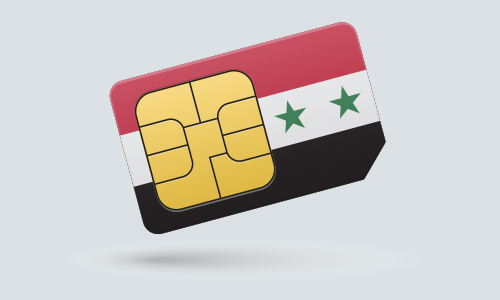
By the end of 2015, more than four million people will have made the journey from Syria to host countries across Western Europe. The journey is dangerous—thousands of refugees have lost their lives crossing the sea from Turkey to Greece. Despite the hazards, many refugees are optimistic about the future; they look forward to furthering their education, finding work, and reconnecting with their families. And to achieve these goals, refugees are using mobile technology. Text messaging services and smartphone apps help thousands of refugees stay connected with loved ones, register to receive host country resources, and in some cases, they’ve even helped save lives.
At a Unicef-supported, child-friendly space near the former Yugoslavia Republic of Macedonia, most of the refugees are on their smartphones. Syrian teenagers are using text and apps like WhatsApp to coordinate final meeting destinations, check in with those who’ve not yet left Syria, and review news sites and social media. Some teenagers are using their phones to determine when they might return to school to continue their education, as is the case with one 17-year-old refugee named Noor.
Noor discovered an app called Gherbtna, which helps refuges in Turkey gain residency and open bank accounts and assists with job placement. Noor is headed for Sweden and hopes a similar app is soon developed there so she can get the information she’ll need to finish her education and become a computer programmer like her father.
Texting Serves as Valuable Resource
Among the greatest problems faced by these refuges is a lack of information—many struggle to navigate the cultural and legal landscapes of their various host countries in order to properly secure the resources they are entitled to after officially registering as refugees. To assist with this pan-European dilemma, several Turkish lawyers, humanitarians, and software engineers have banded together to create Souktel, a service that offers free legal advice and guidance via text message.
Refugees can text questions on a variety of issues and receive translated legal advice. The start-up is looking to expand the services to parts of Greece and other European countries that have offered to receive refugees.
Mobile Technology Keeps Families Connected
The use of other communication services like Skype and Viber have been instrumental in keeping families together, many of whom would otherwise not be able to afford the calls across country boarders. Other apps like Google Maps have become invaluable along the journey. Many refugees are now able to make the dangerous trek without relying on high-priced traffickers.
Host countries like Greece and Hungary are struggling to keep the peace while new refuges arrive every day. Smartphones have enabled Syrian immigrants to maintain some autonomy from these countries in the face of adversity and cultural acclimation. Hungary for example, tried to trick refugees onto a train headed for a camp while claiming it was bound for Germany. The Syrians were able to connect with others already in the camp and avoid it altogether.
Wrap Up
It’s hard to find a silver lining under such dire circumstances—and yet the refugees have in a way, using technology to ensure safe passage as well as social justice by recording and reporting on their personal journeys via social media, text messaging, and apps.